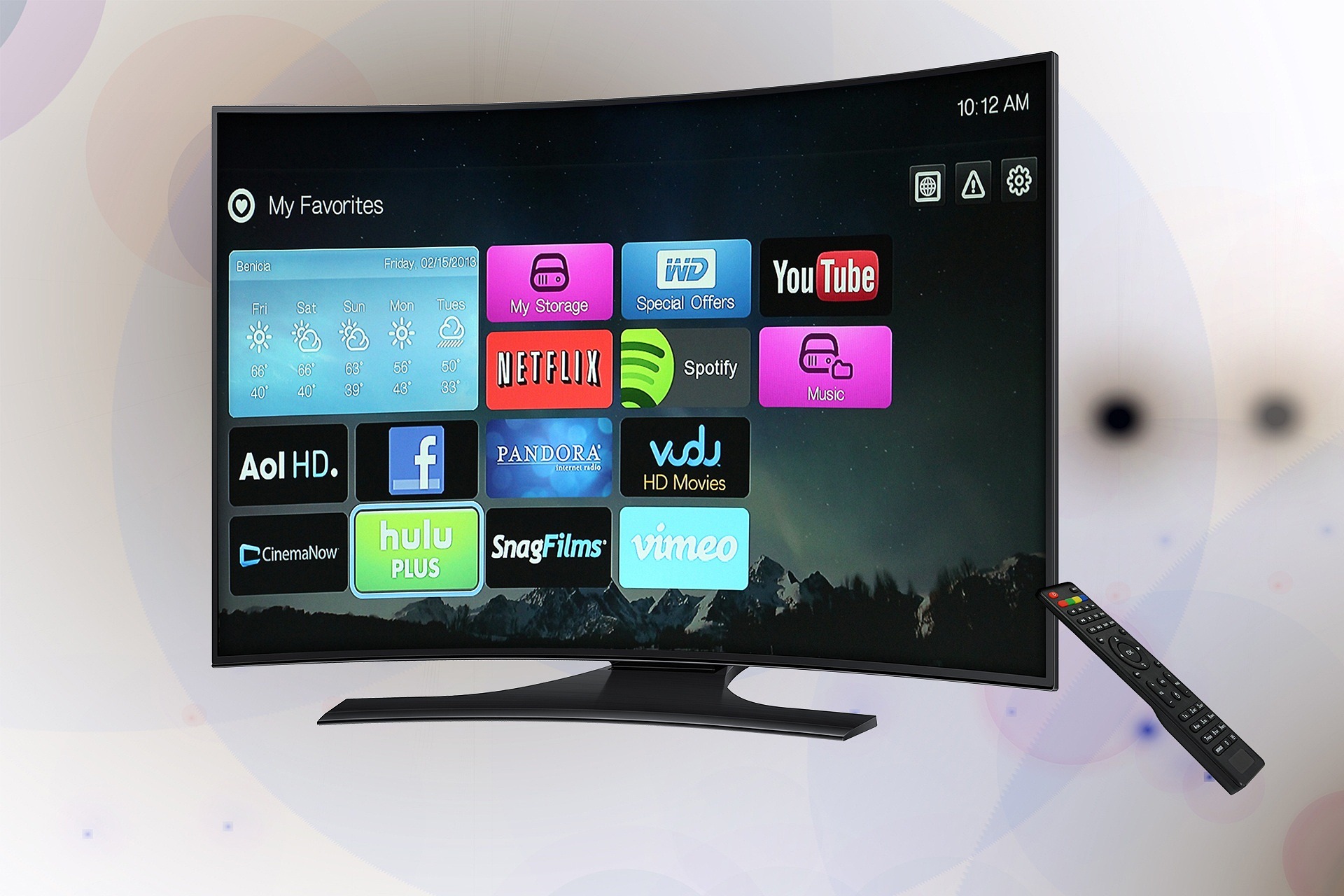Smart TVs: Features, Benefits, and Considerations
Smart TVs have revolutionised home entertainment, offering a blend of traditional television and internet connectivity. These devices provide access to streaming services, apps, and online content directly through your TV screen, enhancing the viewing experience.
What defines a Smart TV?
A Smart TV is essentially a television set with integrated internet capabilities. Unlike traditional TVs, Smart TVs can connect to your home network, allowing you to access a wide range of online content and services. This connectivity enables features such as streaming video-on-demand, browsing the web, and even controlling smart home devices.
Key features of Smart TVs
Smart TVs come equipped with various features that set them apart from conventional televisions:
-
Built-in Wi-Fi: Allows for seamless internet connectivity without the need for additional cables.
-
App support: Access to popular streaming services like Netflix, Amazon Prime, and YouTube.
-
Voice control: Many models offer voice-activated controls for easy navigation and searching.
-
Screen mirroring: The ability to display content from your smartphone or tablet on the TV screen.
-
Web browsing: Built-in web browsers for accessing online content directly on your TV.
How do Smart TVs enhance the viewing experience?
Smart TVs offer numerous benefits that enhance your viewing experience:
-
On-demand content: Access to a vast library of movies, TV shows, and other content at your fingertips.
-
Personalised recommendations: Many Smart TVs use algorithms to suggest content based on your viewing habits.
-
Interactive features: Some Smart TVs allow for social media integration and interactive gaming.
-
Multi-tasking: The ability to browse the internet or check social media while watching TV.
What should you consider when buying a Smart TV?
When shopping for a Smart TV, consider the following factors:
-
Screen size and resolution: Choose a size that fits your space and a resolution that meets your quality expectations.
-
Operating system: Different brands use various operating systems, which can affect app availability and user experience.
-
Connectivity options: Ensure the TV has sufficient HDMI ports and supports your preferred wireless protocols.
-
Audio quality: Consider whether you need to invest in a separate sound system or if the built-in speakers suffice.
-
Future-proofing: Look for TVs that support the latest technologies to ensure longevity.
How do Smart TVs compare to streaming devices?
While Smart TVs offer built-in streaming capabilities, standalone streaming devices like Amazon Fire Stick or Roku can provide similar functionality to non-smart TVs. Here’s a comparison:
| Feature | Smart TV | Streaming Device |
|---|---|---|
| Built-in streaming | Yes | No (requires separate TV) |
| App selection | Varies by brand | Generally extensive |
| Upgradability | Limited | Easily replaceable |
| Cost | Higher initial investment | Lower cost for device, but requires TV |
| User interface | Integrated with TV | Separate interface |
Prices, rates, or cost estimates mentioned in this article are based on the latest available information but may change over time. Independent research is advised before making financial decisions.
Conclusion
Smart TVs offer a convenient and feature-rich way to access both traditional television content and online streaming services. By understanding the key features, benefits, and considerations, you can make an informed decision when choosing a Smart TV that best suits your needs and preferences.





